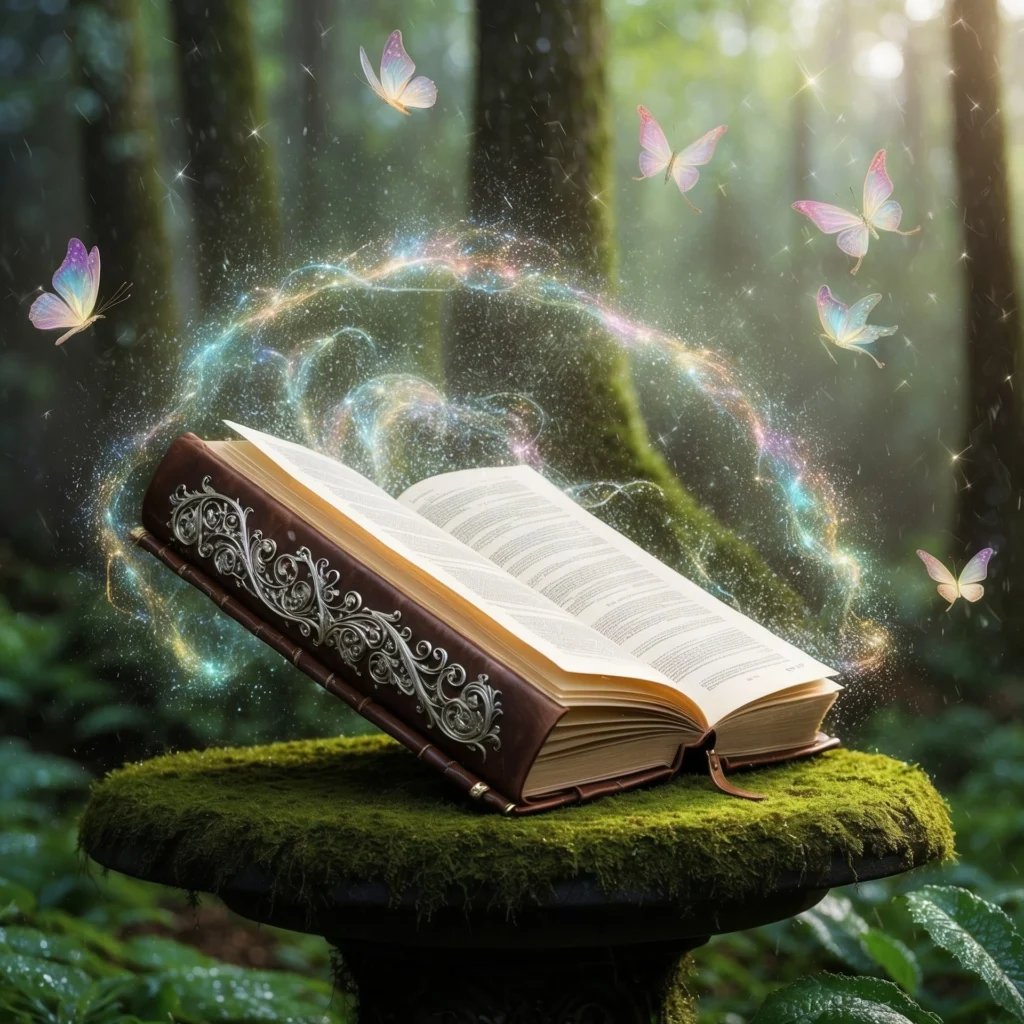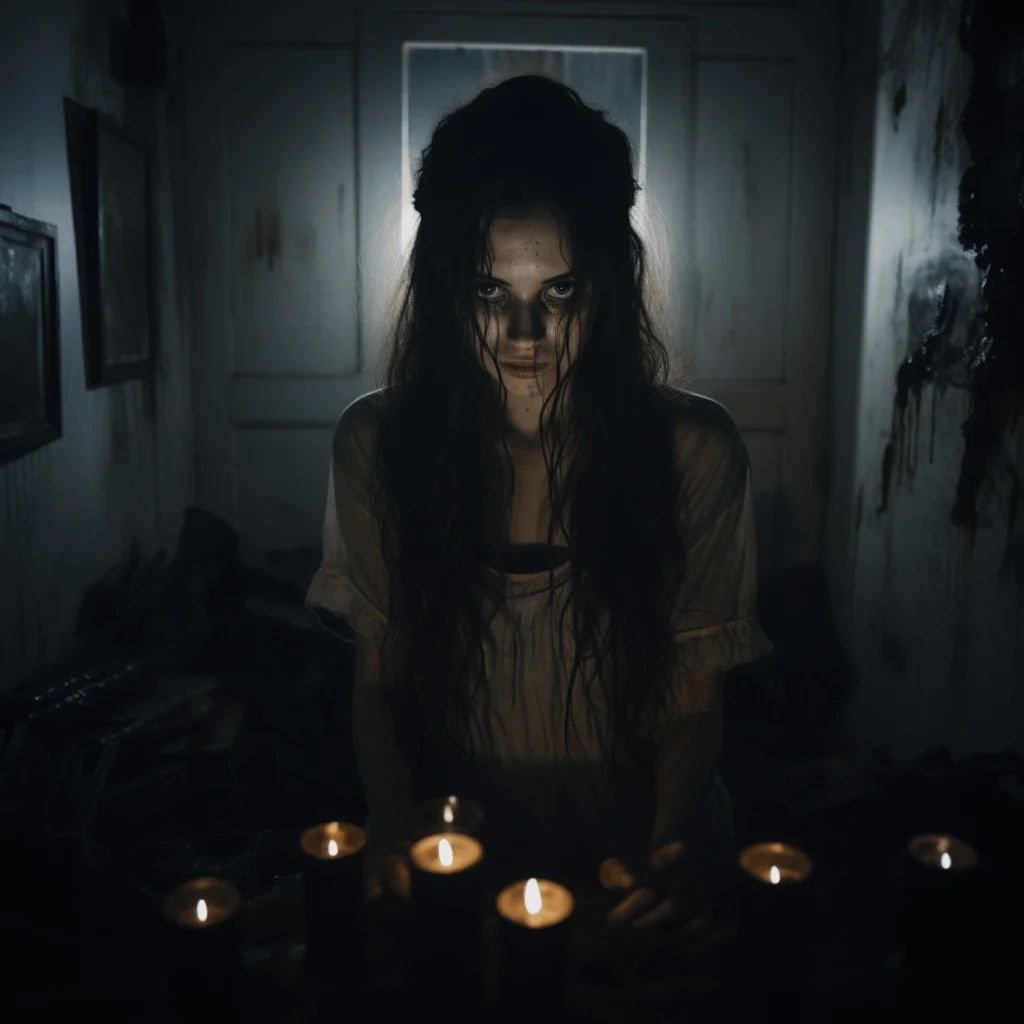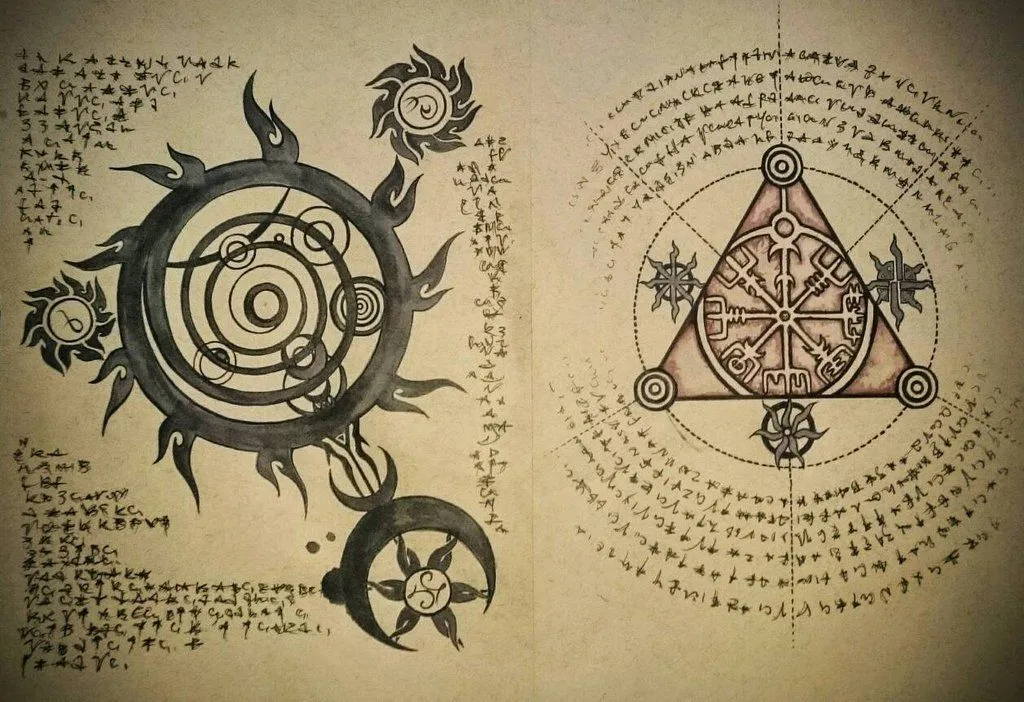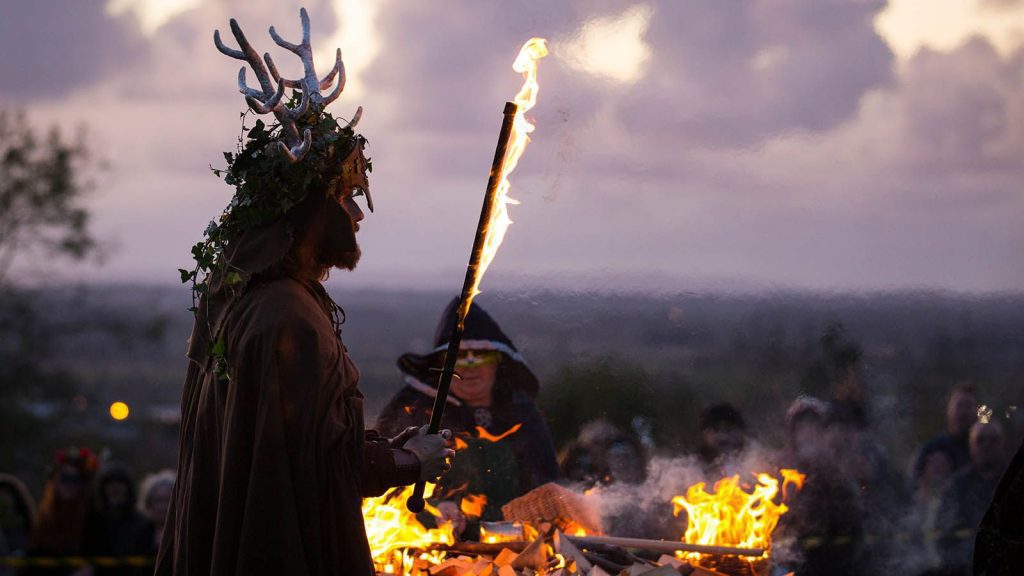Witchcraft, deeply ingrained in various cultural traditions and belief systems, continues to affect societies globally. Its implications for health—both physical and mental—are profound, with both negative and positive impacts. This article delves into the complex ways in which witchcraft influences health, shedding light on its detrimental consequences, potential benefits, and the broader implications for individuals and communities.
Adverse Health Impacts of Witchcraft
Mental Health Consequences
Witchcraft often instills fear, anxiety, and psychological trauma. In many communities, individuals accused of practicing witchcraft endure ostracization, social stigma, and intense emotional distress. For example, in Rwanda, it is believed that mental illness or madness can result from punishment by ancestral spirits. These beliefs frequently lead to the mistreatment of individuals with mental health conditions, such as denial of proper medical care, forced participation in harmful rituals, or isolation from society.

Exploitation and Abuse
Traditional healers or witch doctors may exploit vulnerable individuals by charging exorbitant fees for rituals and remedies. One documented case describes a family spending over $2,000 and giving up land in an attempt to “cure” a woman accused of being tormented by spirits. This financial exploitation exacerbates poverty and despair among affected families.
Physical Harm
Rituals tied to witchcraft can cause significant physical harm. Practices may involve consuming harmful substances, enduring painful ceremonies, or living in deplorable conditions. These practices often result in severe physical and emotional consequences for individuals involved.
Interference with Modern Medicine
Beliefs in witchcraft often discourage the use of evidence-based medical treatments. Faith healers and traditional practitioners may attribute illnesses to curses, evil spirits, or sins, instructing patients to abandon modern medicine in favor of rituals and prayers. This delay in treatment can worsen conditions and, in severe cases, lead to fatalities.
Social Conflict and Division
Accusations of witchcraft frequently result in family disputes, community violence, and even lynchings. For instance, misunderstandings and unfounded accusations can create long-lasting divisions within communities.

The Role of Dark Magic and Its Health Implications
Dark magic, often viewed as the malevolent side of witchcraft, is typically associated with harmful intentions such as curses, hexes, and spiritual attacks. Its perceived effects on health can be devastating, both physically and psychologically, and are rooted in fear, cultural beliefs, and superstition.
Psychological Toll of Dark Magic
The belief in dark magic spells —whether justified or not—can have profound psychological consequences. Victims of curses or hexes often experience severe anxiety, paranoia, and depression. The power of suggestion can amplify these effects, causing individuals to attribute every misfortune or illness to the alleged curse. This psychological stress can lead to real physical symptoms such as insomnia, weight loss, and weakened immunity.
Physical Manifestations
Cultural stories and rituals associated with dark magic often include physical ailments. Individuals who believe they are cursed may exhibit symptoms such as unexplained pain, fatigue, or skin conditions. In some cases, these symptoms are psychosomatic, arising from stress and fear. However, self-inflicted harm during rituals or actions taken under the influence of fear can also lead to real physical injuries.
Impact on Communities
Dark magic can divide communities, as fear and suspicion lead to accusations and mistrust. Families may fall apart, and communities may ostracize individuals suspected of using dark magic. This social isolation often results in mental health deterioration for both the accused and their accusers, as well as a breakdown of communal harmony.
Ethical Concerns and Exploitation
Practitioners of dark magic, whether genuine or fraudulent, often exploit the fears of vulnerable individuals. They may charge exorbitant fees to “remove curses” or perform rituals, worsening the financial and emotional strain on victims. In extreme cases, such practices can lead to dangerous outcomes, including violence or abuse.
Cultural and Spiritual Implications
Dark magic’s influence often extends into cultural and spiritual domains, where it can shape how people view illness and misfortune. In some societies, any unexplained ailment is attributed to curses or hexes, preventing individuals from seeking medical treatment. This perpetuates cycles of ignorance, fear, and poor health outcomes.
Positive Applications of Witchcraft in a Modern Context
Using Witchcraft for Cultural Preservation
Respecting Traditions
Witchcraft can serve as a way to preserve cultural heritage and traditions. By understanding its historical context, communities can practice rituals that celebrate their identity while avoiding harmful practices. Incorporating witchcraft in cultural festivals and ceremonies allows individuals to honor their ancestors and cultural roots positively.

Promoting Psychological Comfort
Belief in protective charms, blessings, and rituals can provide individuals with a sense of safety and emotional support. This psychological comfort, rooted in traditional practices, can contribute to overall mental well-being.
Complementing Modern Healing Practices
Integrating Traditional Knowledge
Rather than rejecting modern medicine, witchcraft practices can be adapted to complement evidence-based treatments. For example, traditional herbal remedies, when scientifically validated, can be integrated into holistic healthcare systems.
Empowering Communities
Involving traditional healers in mental health awareness programs and healthcare initiatives can help bridge the gap between modern and traditional practices. When guided ethically, these collaborations can improve health outcomes without perpetuating exploitation.
Encouraging Community Bonding
Strengthening Social Ties
Rituals and ceremonies associated with witchcraft often bring communities together. These shared experiences foster mutual understanding and support, particularly during times of hardship or crisis.
Promoting Unity
When practiced responsibly, witchcraft can promote unity by emphasizing communal values, such as respect for elders, honoring ancestors, and resolving conflicts through rituals and dialogue.
Broader Implications of Witchcraft on Health
Intersection with Religion
Religious teachings often clash with witchcraft practices. For instance, Christian doctrine strongly condemns witchcraft, associating it with idolatry and sin. This creates tension as individuals navigate their spiritual beliefs alongside traditional practices.
Impact on Mental Health Perception
The conflation of mental illness with witchcraft perpetuates stigma and delays access to appropriate care. Survivors’ movements and mental health advocates emphasize the need for education to dispel myths and ensure individuals with mental health challenges receive compassionate and evidence-based support.
Legal and Ethical Challenges
In regions where witchcraft is prevalent, governments face challenges in regulating traditional practices. Efforts to register traditional healers and involve them in public health initiatives aim to balance cultural traditions with modern healthcare systems.

A Call for Balance and Understanding
The effects of witchcraft on health are multifaceted, ranging from severe harm to psychological and cultural benefits. While it is essential to respect cultural traditions, harmful practices must be addressed, and education must be promoted to reduce exploitation and stigma. Collaborative efforts involving governments, traditional healers, faith communities, and mental health advocates can create a framework where individuals receive care that respects their beliefs while ensuring their well-being.
By fostering dialogue and understanding, societies can mitigate the negative effects of witchcraft on health while preserving its cultural significance for those who find meaning and comfort in these practices.





